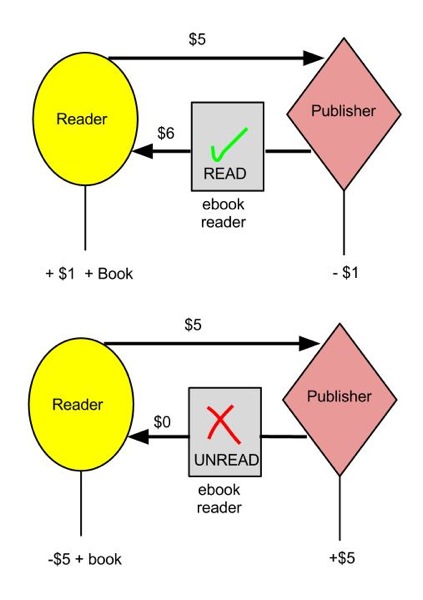I’m happy. Not only have I found a way to justify discussing my favorite topic ever, but I have also found a library source that will satisfy the blogging requirement. Go me.
If you didn’t know already, porn production companies deal with the same kind of piracy problems that plague mainstream film companies. No where is this piracy more apparent than the internet. For mainstream films, imagine going to youtube to find a clip of a favorite movie taken down from the copyright owner. The same thing occurs on tube sites, the youtubes of porn, when a user uploads a video not intended for sharing. At its heart, the copyright issues are the same between pornography and mainstream film, but there are a few interesting differences worth noting. Differences which I found through the library website, in a newspaper dedicated to film news.
First of all, the article suggests that piracy hits the porn industry less than mainstream movie companies because of their incredible cash flow (which makes me rethink my interest in working for porn). However, any piracy at all can hurt sales. In order to prevent piracy’s negative effects, porn producers will do one of two things. They will either produce fewer films a year, each of such outstanding production quality and encryption technology that piracy becomes difficult. On the reverse side, a studio can produce many low quality films such that piracy becomes negligible in terms of profit. I wonder if mainstream companies can take a lesson from their sexier cousins.
